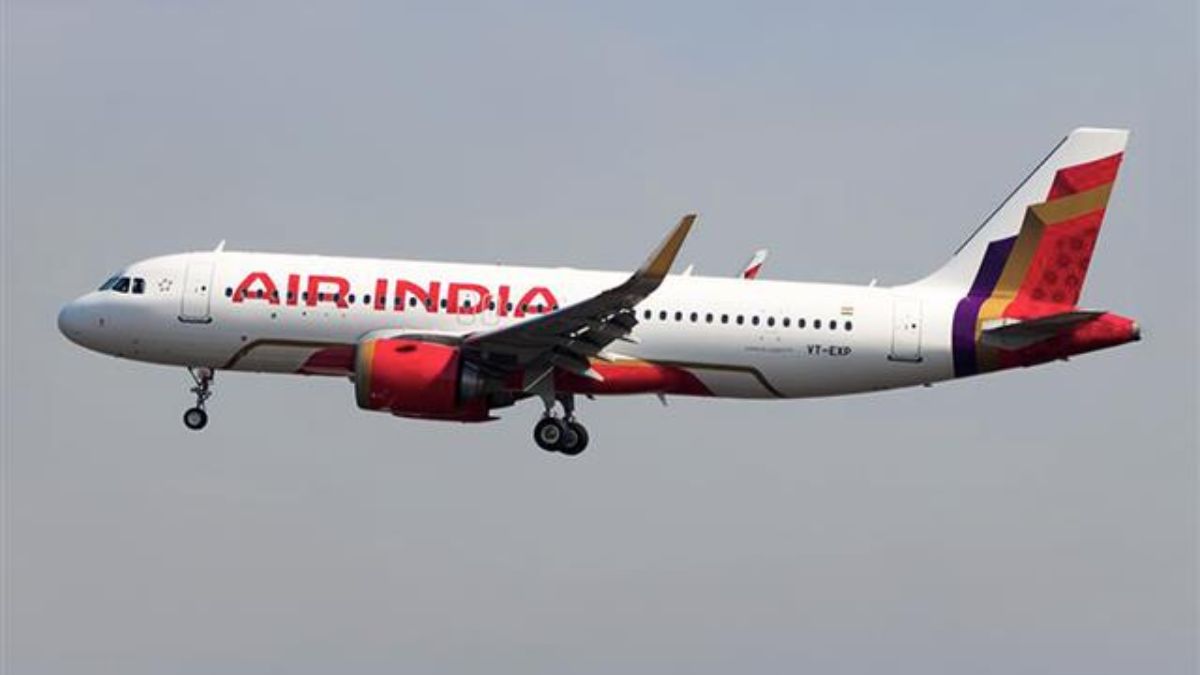Pakistan is feeling the pressure after India introduced several measures in response to the deadly Pahalgam terror attack.
On Thursday, Pakistan decided to close its airspace to all Indian-owned planes, as well as those leased or operated by Indian carriers.
Now, several Indian airlines, including SpiceJet, Air India, and IndiGo, have released travel advisories for their passengers.
What will be the impact of Pakistan’s airspace closure on Indian flights?
In this explainer, we take a look at the possible impact and the travel advisories issued by Indian airlines.
How Pakistan airspace closure will impact Indian flights
The closure of Pakistan’s airspace will affect all west-bound flights departing from northern Indian cities, including Delhi.
Senior airline officials and pilots told PTI that these flights will need to take alternative, longer routes over the Arabian Sea.
Notably, this will disrupt flights from India to destinations in Central Asia, the Caucasus, West Asia, Europe, the UK, and North America, The Indian Express reported.
With the longer flight paths, airlines will require more fuel, which will lead to increased costs and challenges with payload management.
While it is still too early to assess the full impact, airlines are expected to face higher operational costs, which may lead to increased airfares. Further, airlines from other countries, which can still fly over Pakistan, may have a cost advantage over Indian carriers on the affected routes.
A senior travel industry executive told PTI that airfares for international flights with Indian carriers could rise by 8–12 per cent due to the airspace closure. If the situation continues, fares could increase even further.
Impact Shorts
More ShortsAircraft taking longer routes will burn more fuel, which will raise operational costs for airlines.
As the flight duration increases, airlines will have to carry more fuel, which could create payload issues. To address this, airlines might need to reduce the overall weight of the aircraft.
One way to do this is by lowering the number of passengers and baggage. However, fewer passengers would result in reduced revenue, creating financial difficulties for airlines.
Higher airfares, increased operational costs, and payload restrictions are not a viable option for airlines, which already operate on narrow profit margins.
As airlines cannot increase passenger numbers on international flights due to external constraints, airfares are likely to rise.
Air India, which operates direct flights from Delhi to Europe, the US, and Canada, is expected to be the most affected, according to Hindustan Times.
When did Pakistan last close its airspace?
Pakistan last closed its airspace in February 2019, following the Indian Air Force’s air strikes in Balakot in retaliation for the Pulwama terror attack.
After the strikes, Pakistan shut its airspace to Indian airlines for several months.
During this period, Indian airlines experienced losses of approximately Rs 700 crore due to increased fuel costs and the operational challenges associated with longer flight routes.
Air India was the most affected carrier, as it operated more west-bound international flights than other airlines, according to The Indian Express.
What airlines said in their travel advisories
In a post on X, Air India announced that due to the closure of Pakistan’s airspace to all Indian airlines, some of its flights to and from North America, the UK, Europe, and the Middle East will need to take alternative, extended routes.
“Air India regrets the inconvenience caused to our passengers due to this unforeseen airspace closure that is outside our control. We would like to reiterate that at Air India, the safety of our customers and crew remains top priority,” the airline stated.
IndiGo also acknowledged the impact of the airspace closure, saying that a few of their international flights are affected.
“We understand the inconvenience this may cause, and our teams are doing their best to help you reach your destination at the earliest,” the airline posted on X.
SpiceJet has extended waivers for rescheduling and cancellations for travel to and from Srinagar until April 30, applying to tickets booked before or on April 22.
“To minimise passenger inconvenience amid the ongoing situation, we are also operating an additional flight from Srinagar to Delhi today. We stand in heartfelt solidarity with the victims, their families, and all those affected during this difficult time,” the airline said in a statement.
Notably, the Indian government has suspended visa services for Pakistani nationals with immediate effect, though medical visas issued to Pakistani nationals will remain valid until April 29.
The Pahalgam attack is one of the deadliest civilian assaults in India in nearly two decades.
A massive search operation has been launched in the Baisaran area of Pahalgam to locate those responsible for the attack. Additional forces have been deployed at the popular tourist destination to prevent further incidents.
As both nations take harsh measures in response to the attack, there are growing concerns that this could escalate into a larger conflict between the two nuclear-armed countries.
With inputs from agencies
)